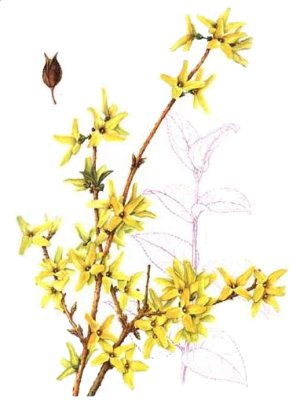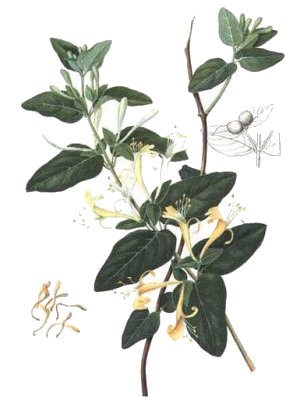Chinese Herbal Medicine
Chinese Herbal Medicine can be a powerful adjunct to acupuncture especially in the treatment of chronic conditions. Classical formulas, often consisting of only a few herbs, are tried and tested combinations, many of which have been in use for hundreds of years. One or more formulas are chosen for the patient based on a diagnosis of the underlying condition that is causing symptoms. The same diagnostic techniques are used as for acupuncture, including examination of tongue and pulse, and palpation of the channels and abdomen. The practitioner may also pay attention to facial colour and lustre and body shape as part of the diagnostic process.
Chinese Herbal Medicine is amongst the most sophisticated and effective herbal systems in the world. Its unbroken tradition stretches back over two millennia to the 3rd century BC.
It is a living tradition, and numerous schools of thought have developed over the centuries. These new approaches developed in response to changing clinical conditions and a great emphasis has always been placed on research into every aspect of the use of Chinese herbs.


I
I am a member of the Association of Traditional Chinese Medicine.
For more information about Chinese herbal medicine please visit
Many Chinese herbs derive from plants commonly known to us in the West. The two illustrations show Forsythia and Honeysuckle, two of our most common garden shrubs.
